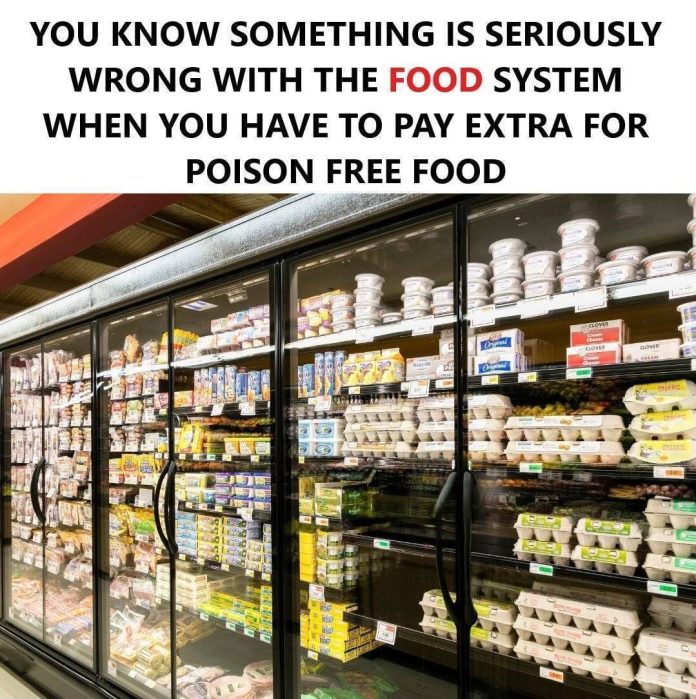In today’s food landscape, it’s paradoxical that consumers often pay a premium for products labeled as “organic” or “pesticide-free”—essentially, foods that are free from harmful chemicals. This situation underscores significant issues within our food system, where conventionally grown produce frequently contains pesticide residues, and processed foods may include additives with potential health risks. The necessity to spend more for “clean” food highlights the need for a critical examination of our agricultural and food production practices.
Understanding the Current Food System
Modern agriculture has increasingly relied on synthetic pesticides and fertilizers to boost crop yields and meet the demands of a growing population. While these chemicals have contributed to increased food production, they have also raised concerns about their impact on human health and the environment. For instance, studies have shown that certain pesticides can disrupt the endocrine system, affecting hormones that regulate various bodily functions.
Moreover, processed foods often contain additives and preservatives designed to enhance flavor, appearance, and shelf life. Some of these substances have been linked to health issues, prompting debates about their safety. For example, Bisphenol A (BPA), commonly found in food packaging, has been associated with potential health risks, including increased blood pressure and cardiovascular diseases.

The Organic Premium: Paying More for Less
Organic foods are produced without synthetic pesticides, fertilizers, genetically modified organisms (GMOs), or irradiation. The organic movement emphasizes sustainable farming practices, animal welfare, and environmental preservation. However, producing food organically often involves higher labor costs, stricter regulations, and lower yields, which contribute to higher prices for consumers.
Despite the higher cost, many consumers opt for organic products to reduce their exposure to potentially harmful chemicals and support environmentally friendly farming practices. Research indicates that organic produce generally contains lower levels of pesticide residues compared to conventionally grown counterparts.
Health Implications of Conventional vs. Organic Foods
The debate over the nutritional benefits of organic versus conventional foods is ongoing. While some studies suggest that organic foods may have higher antioxidant levels, others find minimal nutritional differences. However, the primary motivation for many organic consumers is not necessarily enhanced nutrition but the reduction of chemical residues and the associated health risks.
It’s important to note that while organic farming reduces synthetic pesticide use, it doesn’t eliminate the risk of foodborne pathogens. Both organic and conventional produce can be susceptible to contamination, emphasizing the need for proper food handling and hygiene practices.
Economic and Social Considerations
The higher cost of organic foods raises concerns about accessibility and equity. Not all consumers can afford the premium prices, potentially leading to disparities in dietary quality and health outcomes. This situation underscores the need for systemic changes in food production and policy to make healthier, chemical-free foods more accessible to a broader population.
Moving Towards a Healthier Food System
Addressing the issues within our food system requires a multifaceted approach:

- Policy Changes: Implementing stricter regulations on pesticide use and food additives can help reduce the prevalence of harmful substances in the food supply.
- Support for Sustainable Farming: Encouraging and subsidizing sustainable and organic farming practices can help lower production costs and, consequently, consumer prices.
- Consumer Education: Raising awareness about the benefits of organic foods and the potential risks associated with certain chemicals can empower consumers to make informed choices.
- Research and Innovation: Investing in research to develop safer, more efficient farming techniques can contribute to a healthier food system.
In conclusion, the fact that consumers must pay extra for foods free from harmful chemicals highlights significant flaws in our current food system. By advocating for policy changes, supporting sustainable agriculture, and making informed choices, we can work towards a future where safe, nutritious food is accessible and affordable for everyone.

















